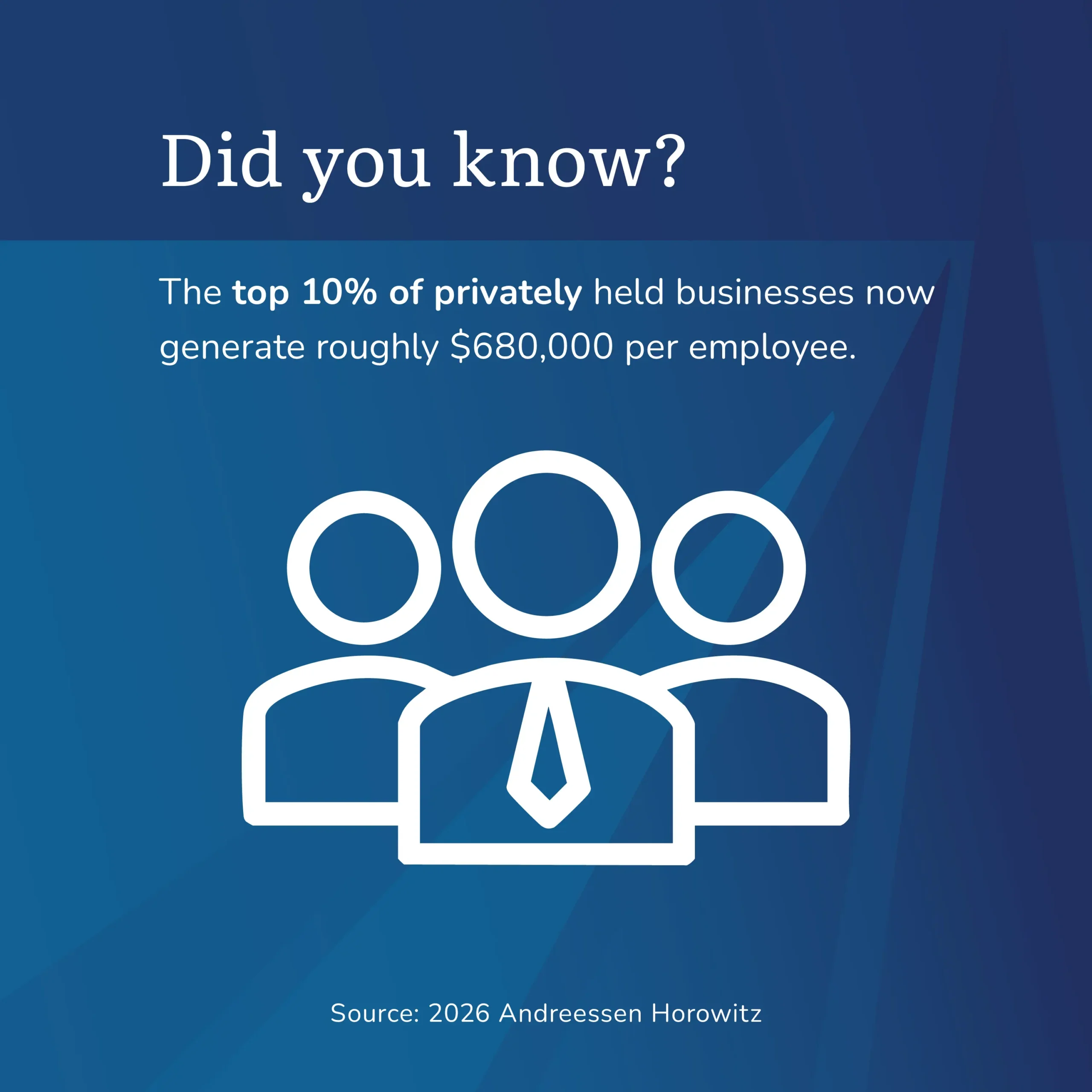9 Birthdays to Remember for Retirement Readiness
Even if it seems a long way off, it’s never too early to begin thinking about retirement. The decisions you make now will have a profound impact on where you find yourself decades from now. Odds are your retirement will be the largest “cost” you’ll have to cover in your lifetime—depending on your retirement date and life expectancy, it isn’t a stretch to say you could live in retirement for 30 years. As you plan for your future, it’s important to have guidelines for each age in life. Today we want to touch on 9 of these important stages of your financial life.
Under 49
It’s time to be aggressive in funding your retirement accounts. Leverage the power of compound interest! The max 401k contribution for 2020 is $19,500 and for IRAs it is $6,000.
Age 50
Once you hit 50, you can add $6,500 to your 401k per year and boost your IRA funding by $1,000. It can be incredibly helpful to take advantage of these increased contribution limits during your prime earnings years, beefing up your total contribution to retirement accounts to $33,000: $19,500 to your 401k + $6,500 catch-up + $6,000 to your IRA + $1,000 catch-up.
Age 55
You’re now able to start withdrawing from past-employer retirement funds without penalties, though you need to maintain funds in your employer 401k plan and the feature isn’t allowed if you’ve rolled your 401k over to an IRA. Drawing an allowance can be beneficial ifyou’re cutting back hours or retiring early from an employer and you can’t wait until the standard age of 59.5 for penalty-free withdrawals from an IRA.
Age 59.5
This is the magic age at which you can begin taking money out of your IRA and other retirement accounts without incurring the standard 10% early withdrawal penalty. Taxes still apply.
Age 62
You become eligible to receive Social Security payments, although it’s important to proceed with caution as your monthly payments will be roughly 30% less for the remainder of your life if you begin this early. The longer you wait, the lower the penalty you’ll incur.
Age 65
Now you’re eligible for Medicare. Even if you’re not in full retirement mode, it’s important to sign up for this service 3 months before you turn 65 so you don’t incur additional cost to your monthly premium.
Age 66
This is full retirement age to receive 100% of your Social Security benefit if you were born between 1943 and 1954…
Age 67
…and this is full retirement age to receive 100% of your Social Security benefit if you were born after 1960.
Age 70
Once you hit 70, it’s no longer beneficial to delay receiving Social Security benefits. If you aren’t already receiving these benefits, now’s the time to start.
Age 70.5
If you’re over the age of 70.5, you’re no longer eligible to receive a tax deduction for IRA contributions. You’re also mandated to begin withdrawing funds from your IRA and other retirement accounts and pay income tax on these withdrawals. There are two exceptions to this rule: 1) if you’re still working and have a 401k with that company (unless you own that company) and 2) if you have ROTH IRA accounts, in which case you don’t need to withdraw from those.
Please note, amounts shown are for 2020. The IRSpublishes guidelines each year that can cause these amounts and ages to change. For example, there is currently legislation in Congress that, if passed, will change the required minimum distributions age to 72 from 70.5. You can read more on that topic https://ek-ff.blog/2019/06/05/congress-moves-to-make-changes-to-us-retirement-system I hope you found this helpful!
Happy investing,
Marcos
Categories
Recent Insights
-

The Darker Side of Planning: A Guide to Thoughtful Legacy Planning
Planning for the future is often associated with exciting milestones—retirement, travel, or leaving a legacy. Yet there’s a side of planning we tend to avoid: aging, health challenges, and death. Thoughtful legacy planning addresses these realities, protecting both your family and your wishes while giving you peace of mind. The truth is we’re not getting…
-

Name, Image, and Likeness: The Financial Playbook Every Athlete Needs
In 2021, college sports entered a new era. The introduction of Name, Image, and Likeness (NIL) rights gave student-athletes the ability to earn money through endorsements, sponsorships, and social media partnerships. For many young athletes, this was the first time their talent could translate directly into financial opportunity. But with opportunity comes responsibility—and complexity. NIL…
-

Talk Your Chart | The Productivity Shift Reshaping Earnings, Jobs, and Market Performance | Ep. 76
Episode 76 of Talk Your Chart looks at the productivity shift reshaping earnings, jobs, and market performance. Marcos and Brett dig into new data showing how companies are generating more revenue with fewer employees, why margins remain resilient, and what that means for markets moving forward. They also unpack shifts in the labor market, the…
-

Turning Your IRA into a Legacy: How a Donor Advised Fund Can Amplify Your Impact
What if your retirement savings could do more than secure your future—what if they could create a lasting impact on the causes and communities you care about? For many families, naming a donor advised fund (DAF) as the beneficiary of an IRA is a purposeful strategy that makes this possible. Retaining Influence Over Your Charitable…
-

Just Because You’re Over 50 Doesn’t Mean You Have To Invest In Bonds
There’s no universal rule that investors in their 50s should start investing in bonds—asset allocation should be driven by an individualized financial plan.
